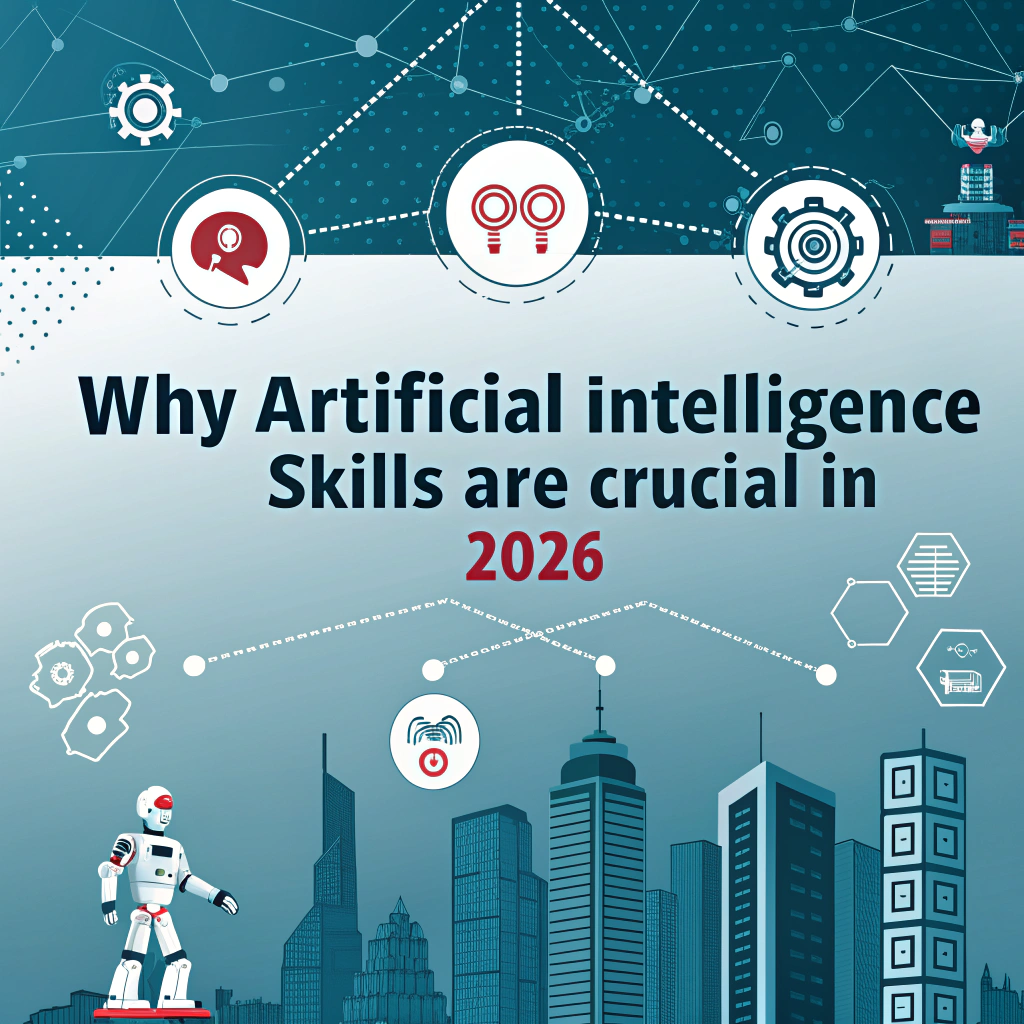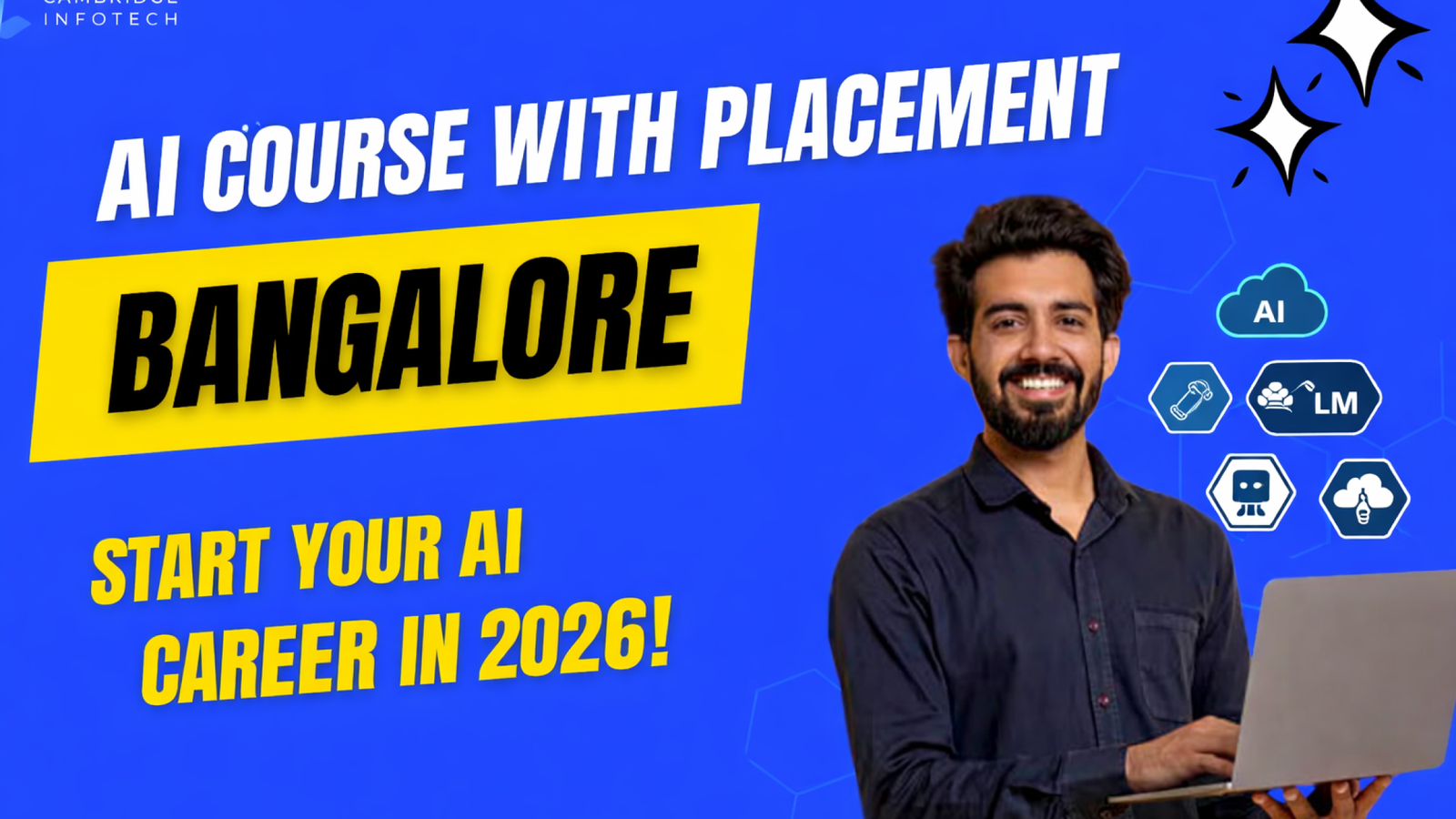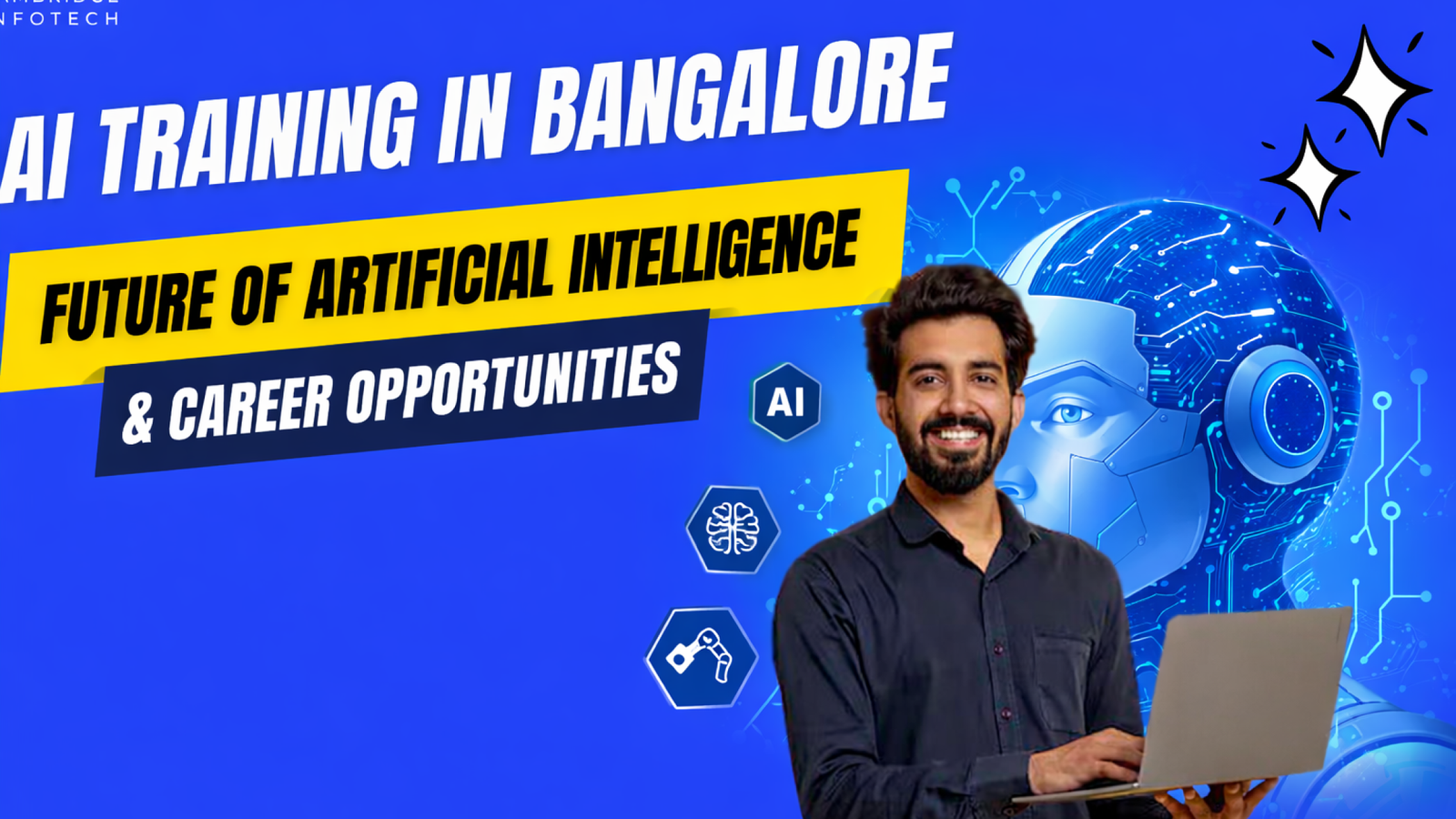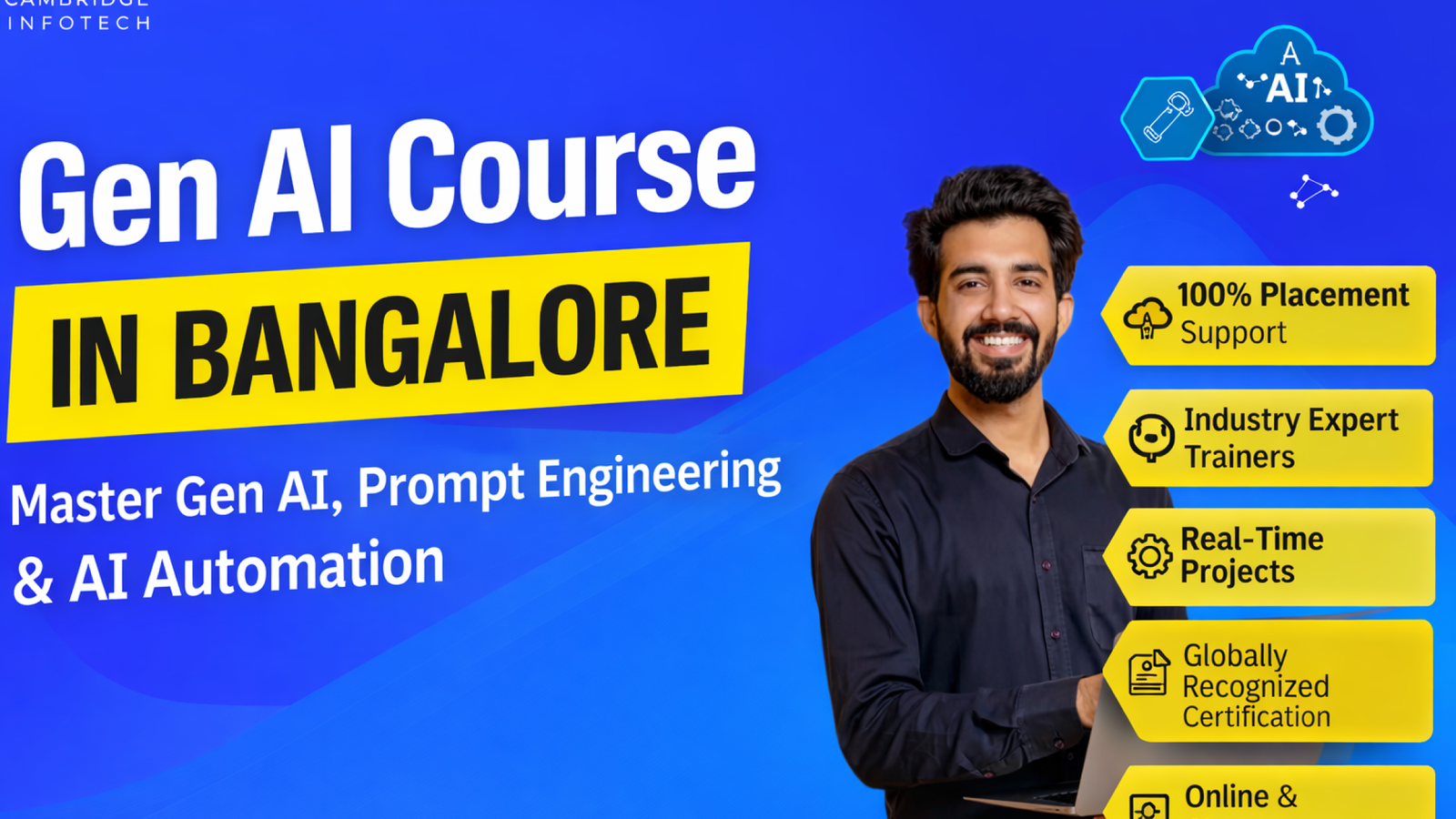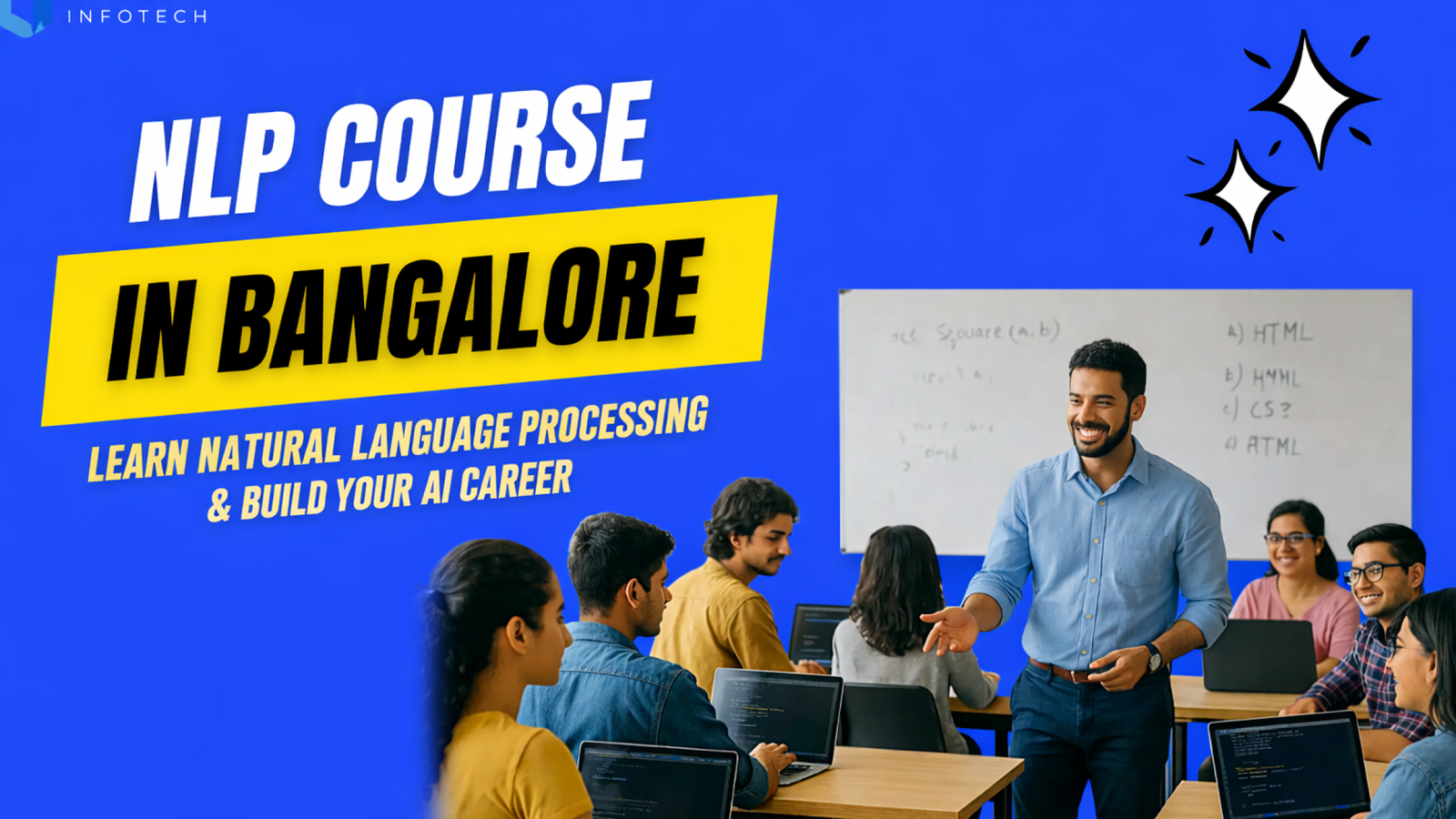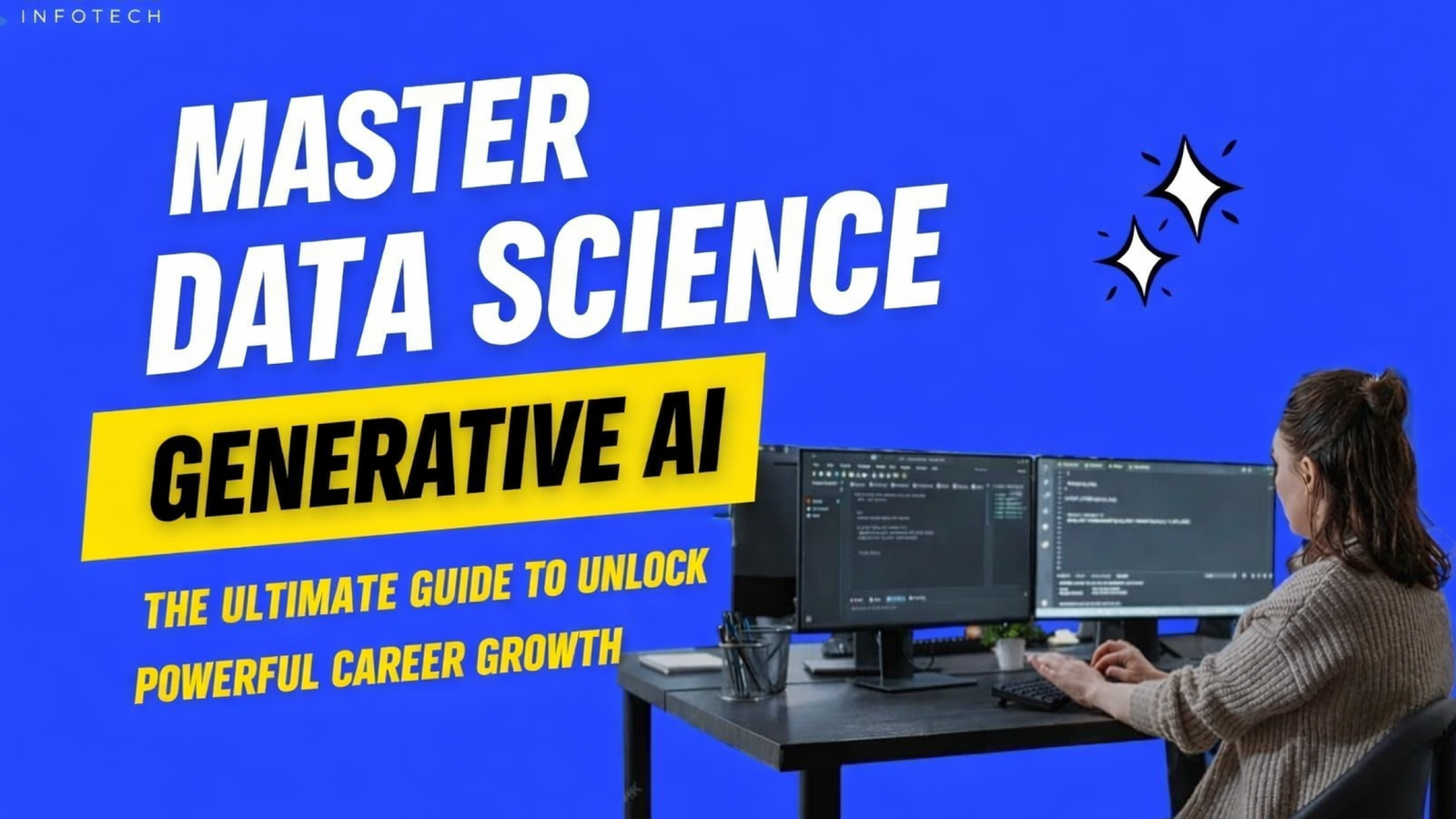Top Artificial Intelligence Skills to Learn in 2026 | Cambridge Infotech
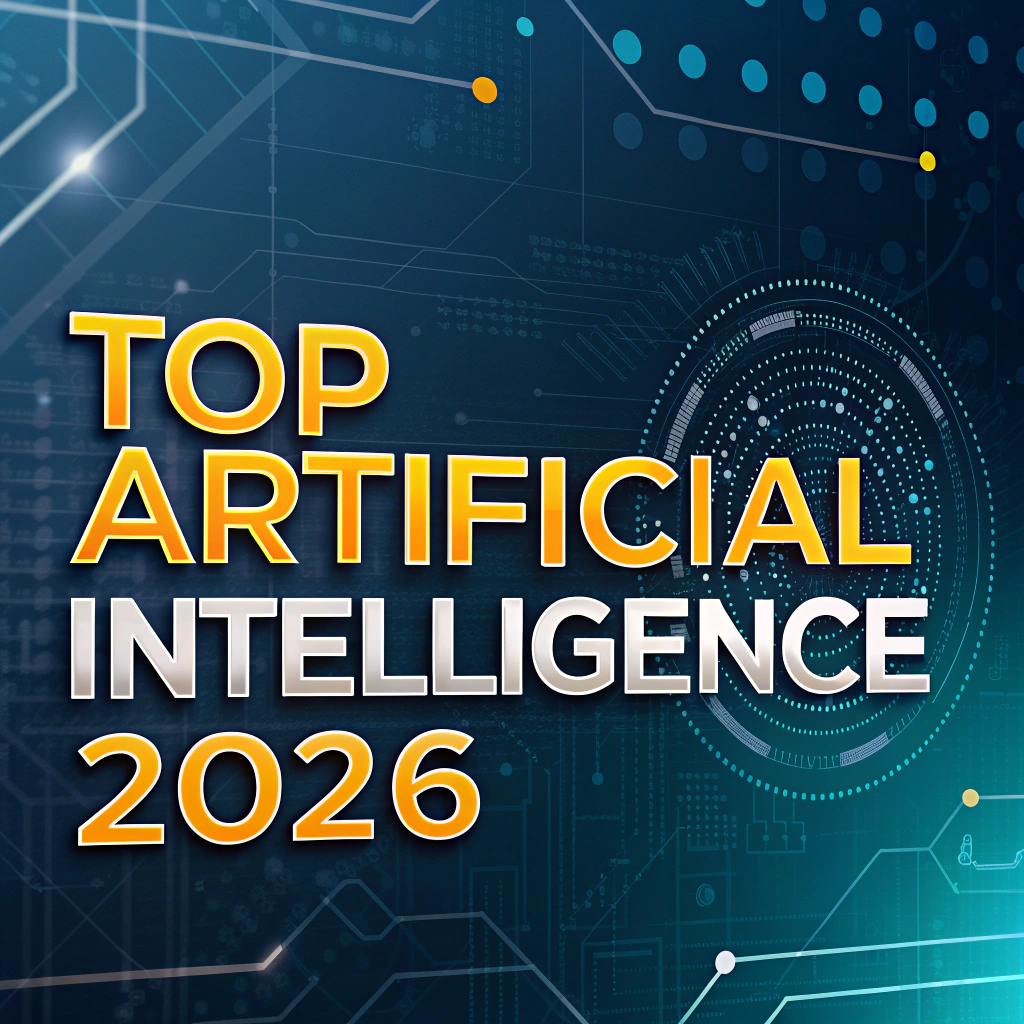
Intro:
Artificial Intelligence (AI) has evolved from a futuristic concept into the driving force behind innovation, automation, and global progress. Over the past decade, AI has reshaped industries, transformed how we work, and opened countless new career paths. In 2026, this momentum will only accelerate. As organizations increasingly depend on data-driven insights, predictive modeling, and intelligent automation, the demand for professionals skilled in AI will continue to surge dramatically.
If you want to future-proof your career and stay competitive in the job market, now is the time to focus on the top Artificial Intelligence skills to learn in 2026. Mastering these skills won’t just help you secure a high-paying job — it will position you to be part of the global transformation that AI is driving. From tech giants to innovative startups, and from healthcare to finance, nearly every sector is actively seeking professionals who understand the power of AI and know how to apply it effectively.
One of the most effective ways to build these skills is by enrolling in specialized AI training programs. Institutes like Cambridge Infotech are at the forefront of preparing students with cutting-edge AI expertise, hands-on projects, and real-world applications — giving you the competitive edge employers demand.
Why Artificial Intelligence Skills Are Crucial in 2026
The world is moving rapidly toward automation, personalization, and data-driven decision-making. By 2026, AI is projected to be deeply embedded in nearly every business process — from customer service chatbots and fraud detection systems to autonomous vehicles and advanced medical diagnostics. According to recent forecasts, the global AI market is expected to surpass $800 billion by 2030, with a large portion of that growth occurring within the next few years.
This explosive expansion has created an urgent need for AI talent. However, there’s a critical shortage of skilled professionals who can design, build, and manage AI systems effectively. Employers are no longer satisfied with generalists — they want candidates
with specialized, in-demand AI skills. These include machine learning, natural language processing, computer vision, data engineering, cloud AI platforms, and AI ethics.
Institutes like Cambridge Infotech bridge this talent gap by offering industry-aligned AI programs that combine theory, tools, and real-world projects. Learning these skills in 2026 can give you a decisive competitive advantage — while others are trying to catch up, you can be leading the transformation.
The Changing Nature of AI Careers
In the early days of AI, the field was dominated by researchers and data scientists with advanced degrees. But the landscape has changed. Today, the AI ecosystem is much more diverse, with roles available for professionals from multiple backgrounds — software engineers, analysts, UX designers, product managers, marketers, and even business leaders.
As AI tools become more accessible, companies want professionals who can apply AI to real business challenges, not just those who can build algorithms from scratch. This means that in 2026, having a blend of technical and applied AI skills will be far more valuable than being a narrow specialist.
For example, an AI engineer who understands both deep learning frameworks and business strategy can contribute more value than someone who knows only the technical side. Similarly, a marketer who knows how to leverage AI-driven analytics tools can outperform someone using traditional methods.
Cambridge Infotech focuses on this new reality by training students to be both technically strong and business-aware, preparing them for roles that require cross-functional AI expertise.
The Benefits of Learning AI Skills Now
Investing in AI skills offers both short-term and long-term rewards.
In the short term:
You’ll significantly boost your employability.
Companies are actively searching for professionals who can lead their AI initiatives.
These roles come with higher salaries, faster promotions, and greater job security.
In the long term:
AI is becoming the foundation for the next wave of technological innovation — just as the internet and smartphones were in previous decades.
Those who understand AI will be the ones shaping the future of industries, products, and customer experiences.
Here are just a few of the major benefits of learning the top Artificial Intelligence skills to learn in 2026 through programs like those offered at Cambridge Infotech:
High demand and job security: Skilled AI professionals are among the most sought-after in the world.
High earning potential: AI-related roles often pay significantly more than average industry jobs.
Versatility and mobility: AI skills apply across industries — from tech and healthcare to finance, marketing, and education.
Entrepreneurial opportunities: Knowledge of AI can help you launch your own AI-driven products or services.
Global career opportunities: AI is a global field, so your skills will be valuable anywhere.
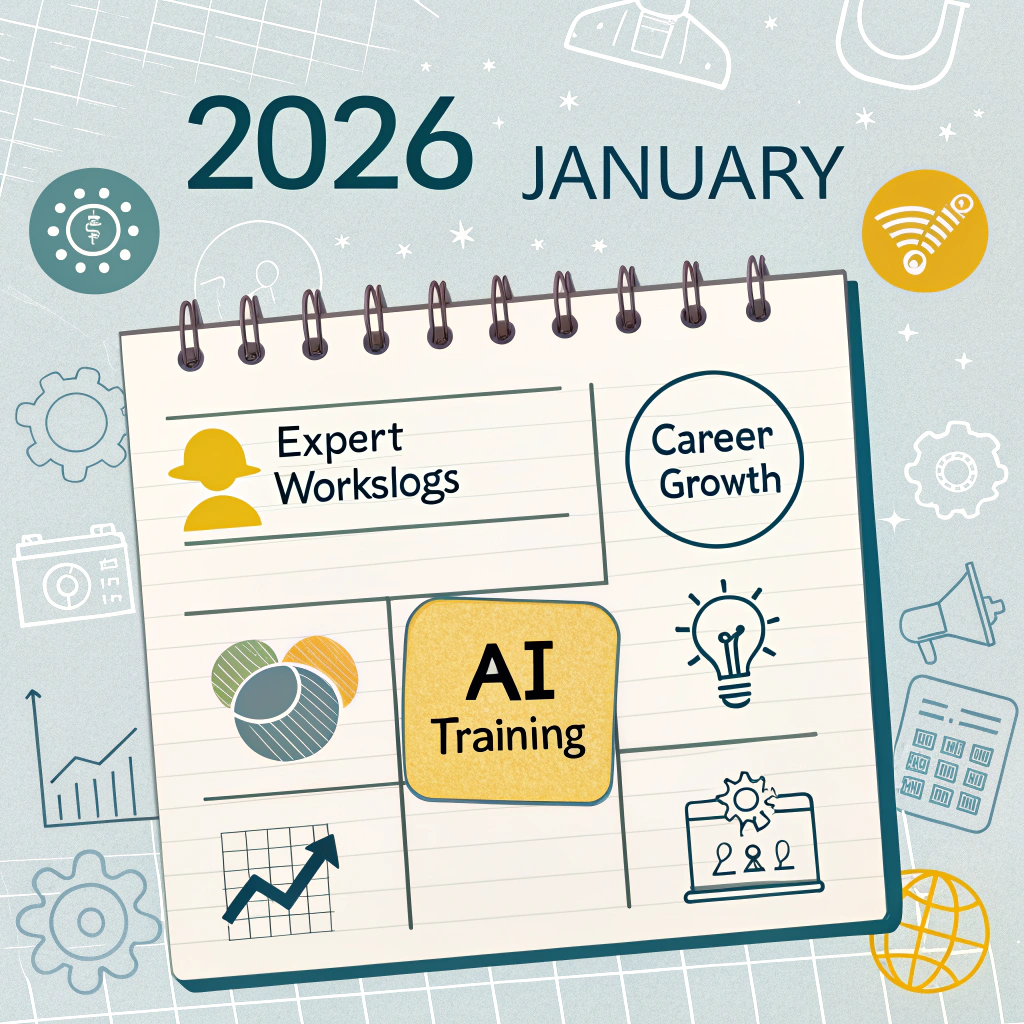 Why 2026 Is the Perfect Time to Build AI Skills
Why 2026 Is the Perfect Time to Build AI Skills
The year 2026 represents a turning point for AI adoption. While the past few years have focused on experimentation and pilot projects, companies are now moving toward enterprise-scale AI integration. This shift is creating a wave of new job roles, funding opportunities, and research breakthroughs.
At the same time, learning AI has never been more accessible. There are countless online courses, bootcamps, and certifications available — many of which are affordable and industry-recognized. Educational leaders like Cambridge Infotech are offering specialized AI programs that prepare students for the real-world demands of AI careers through hands-on learning, mentorship, and placement support.
If you start now, you can build a strong foundation before the competition catches up. By the time others realize the importance of these skills, you could already be well ahead, positioned for leadership roles or entrepreneurial ventures.
What This Blog Will Cover
This blog will serve as your complete roadmap to mastering the top Artificial Intelligence skills to learn in 2026. We will dive deep into the most valuable and future-proof AI skills, including:
Each of these skills will be discussed in detail — what they are, why they matter, how they are used in the real world, and how you can learn them effectively through structured programs at Cambridge Infotech.
Machine Learning and Deep Learning: The Cornerstone AI Skills for 2026
When talking about the top Artificial Intelligence skills to learn in 2026, machine learning (ML) and deep learning (DL) stand firmly at the top of the list. These two technologies are the engines that power almost every cutting-edge AI innovation — from self-driving cars and fraud detection systems to personalized recommendations on streaming platforms.
Learning machine learning and deep learning will give you a strong technical foundation and make you one of the most in-demand professionals in the tech world.
What Is Machine Learning?
Machine Learning is a subset of AI that enables systems to learn from data without being explicitly programmed. Instead of giving the machine fixed instructions, you feed it data and let it detect patterns, make predictions, and improve over time.
A classic example is an email spam filter. Instead of writing rules for every type of spam email, you train a model on labeled examples, and it learns to classify new emails automatically.
Core types of machine learning:
Supervised Learning: The model learns from labeled data (like predicting house prices).
Unsupervised Learning: The model finds patterns in unlabeled data (like customer segmentation).
Reinforcement Learning: The model learns by trial and error through rewards or penalties (used in robotics and gaming).
In 2026, supervised and unsupervised learning will remain vital, while reinforcement learning will rapidly expand in fields like robotics, finance, logistics, and autonomous systems.
What Is Deep Learning?
Deep Learning is a specialized branch of machine learning that uses neural networks with many layers (hence “deep”). It mimics how the human brain processes information, making it especially powerful for complex tasks.
Key areas where deep learning excels:
Computer vision (object detection, image recognition)
Natural language processing (chatbots, translation, sentiment analysis)
Generative AI (creating text, images, music, video)
Autonomous vehicles (understanding surroundings and making decisions)
As computing power grows and datasets become larger, deep learning will be used in virtually every industry in 2026 — making it an essential skill to master through specialized AI courses at Cambridge Infotech.
Why ML and DL Are Must-Learn Skills in 2026
Learning ML and DL is not optional anymore — it’s foundational. Here’s why:
High demand across industries: Every sector uses ML/DL for predictive analytics, automation, and personalization.
Core to future AI development: Most cutting-edge AI research and innovation are built on top of ML/DL.
High-paying job opportunities: ML/DL engineers and data scientists consistently rank among the highest-paid tech professionals worldwide.
Scalable and versatile: These skills apply to countless problems — fraud detection, recommendation engines, disease diagnosis, and more.
Gateway to advanced AI fields: Mastering ML/DL opens the door to NLP, computer vision, generative AI, and AI ethics.
In short, ML and DL are the building blocks that support almost every other AI skill. Without a solid understanding of these two fields, it’s difficult to succeed in any advanced AI role — which is why Cambridge Infotech emphasizes ML/DL as the foundation of its AI training programs.
Key Machine Learning Concepts to Master
Mastering these core ML concepts will make you highly employable:
Regression: Linear and logistic regression for predictive modeling.
Classification and Clustering: Supervised and unsupervised learning techniques.
Decision Trees, Random Forests, Gradient Boosting: For advanced predictive modeling.
Feature Engineering & Data Preprocessing: Transforming raw data into actionable insights.
Evaluation Metrics: Accuracy, precision, recall, and F1-score to validate models.
Deep Learning Essentials
Deep learning enables AI systems to solve complex tasks, and mastering these areas is crucial:
Neural Network Architecture: Layers, neurons, and activation functions.
Convolutional Neural Networks (CNNs): For image processing tasks.
Recurrent Neural Networks (RNNs) & LSTMs: For sequential data and time-series prediction.
Autoencoders & GANs (Generative Adversarial Networks): For data generation and advanced AI solutions.
Tools and Frameworks
Being proficient in the right tools is key. A Cambridge Infotech-aligned AI curriculum emphasizes:
Python: The standard language for AI development.
TensorFlow & PyTorch: Leading libraries for deep learning.
Scikit-learn: For classical ML algorithms.
Keras: High-level deep learning API for rapid prototyping.
Pandas, NumPy, Matplotlib: Essential for data manipulation and visualization.
Mastering these frameworks allows you to build, train, and deploy ML/DL models — exactly what companies are looking for in 2026.
Real-World Applications
By 2026, ML and DL will power a wide array of real-world systems:
Healthcare: Disease diagnosis, predicting patient outcomes, and drug discovery.
Finance: Fraud detection, stock market prediction, credit scoring, algorithmic trading.
Retail & E-commerce: Personalized recommendations, demand forecasting, dynamic pricing.
Manufacturing: Predictive maintenance, quality control, production optimization.
Transportation: Autonomous vehicles, route optimization, traffic prediction.
Entertainment: Content recommendation systems, AI-generated art, music, and streaming personalization.
Practical experience in these domains, supported by Cambridge Infotech’s hands-on programs, will help you create a strong portfolio that impresses employers.
Learning Roadmap
A structured roadmap ensures mastery:
Master Python Programming: Focus on loops, functions, data structures, and libraries like Pandas and NumPy.
Learn Math Foundations: Linear algebra, calculus, probability, and statistics are essential for ML/DL algorithms.
Start with Classical ML: Build supervised and unsupervised models using Scikit-learn.
Move to Deep Learning: Use TensorFlow and PyTorch to create neural networks, progressing from simple classifiers to CNNs, RNNs, and transformers.
Work on Real Projects: Use Kaggle, UCI Machine Learning Repository, or open-source datasets.
Build a Portfolio & GitHub Profile: Showcase projects — employers value demonstrable skills over certifications alone.
Stay Updated: Follow AI research, webinars, and communities to keep skills current.
Career Opportunities in ML/DL
With expertise in ML and DL, you can pursue roles such as:
These positions offer excellent salaries, global demand, and opportunities to work on impactful, future-focused projects.
Natural Language Processing (NLP): Teaching Machines to Understand Language
Among the top Artificial Intelligence skills to learn in 2026, Natural Language Processing (NLP) is one of the most transformative. NLP allows machines to understand, interpret, and generate human language — both written and spoken.
Every time you interact with a voice assistant, use a language translation app, or see automated captions, you’re experiencing NLP. By 2026, NLP will be embedded in enterprise systems, powering chatbots, content generation tools, customer service automation, and more.
Cambridge Infotech offers specialized NLP programs that teach both theory and hands-on application, ensuring you can build real-world language-processing systems.
What Is NLP and Why It Matters
NLP bridges the gap between human communication and machine understanding. While humans process language instinctively, computers require structured rules, statistical models, and AI algorithms. NLP combines linguistics, computer science, and machine learning to teach machines how to process textual data effectively.
In 2026, NLP will enable machines to:
Analyze large volumes of text
Understand context and meaning
Generate human-like responses
Translate languages accurately
Extract insights from unstructured data
This makes NLP a highly versatile and in-demand AI skill.
Real-World Applications of NLP
NLP has moved beyond research labs into everyday business applications:
Chatbots & Virtual Assistants: Automating customer support with 24/7 responsiveness.
Sentiment Analysis: Understanding consumer opinions from reviews, surveys, and social media.
Machine Translation: Breaking down language barriers in real time.
Speech Recognition: Converting spoken words into text for transcription and voice commands.
Text Summarization: Condensing long documents, news articles, or legal papers.
Content Generation: Producing blog posts, marketing copy, or code using AI.
Healthcare Documentation: Automating medical transcription to save clinicians’ time.
Hands-on experience with NLP tools, provided by Cambridge Infotech, ensures you can implement these applications in real business environments.
The Rise of Large Language Models (LLMs)
A key driver of NLP growth is large language models (LLMs) — AI systems trained on vast datasets to generate and understand human-like text. Models like GPT, PaLM, and LLaMA are transforming enterprise applications.
By 2026, fine-tuning, prompt engineering, and deployment of LLMs will be essential skills. With Cambridge Infotech’s practical training, you can learn to build, customize, and deploy LLMs for industry-specific use cases.
Key skills for LLMs include:
Tokenization & embeddings
Transformer architecture & self-attention
Prompt engineering
Fine-tuning for domain-specific applications
Cloud deployment & model optimization
Core NLP Concepts to Master
To be job-ready, focus on:
Text Processing: Cleaning, tokenization, lemmatization, stemming, POS tagging, and named entity recognition (NER).
Classical NLP: Bag-of-Words, TF-IDF, n-gram models, Hidden Markov Models (HMMs), Conditional Random Fields (CRFs).
Deep Learning NLP: Word embeddings (Word2Vec, GloVe, FastText), RNNs, LSTMs, Transformers, BERT variants, GPT.
Tools & Frameworks: Python, NLTK, spaCy, Hugging Face Transformers, TensorFlow, PyTorch, OpenAI/Cohere APIs.
Cambridge Infotech’s NLP curriculum ensures mastery of these techniques with hands-on projects that simulate real-world applications.
Career Opportunities in NLP
With NLP expertise, you can pursue roles such as:
NLP Engineer
Computational Linguist
Machine Learning Engineer (NLP specialization)
Data Scientist (NLP focus)
Chatbot Developer
AI Research Scientist
Prompt Engineer for LLMs
Voice Assistant Developer
These roles are globally in demand and offer high-paying opportunities to work on cutting-edge AI technology.
Computer Vision: Giving Machines the Power to See and Understand
Among the top artificial intelligence skills to learn in 2026, computer vision (CV) stands out as one of the most transformative and fast-growing domains. While Natural Language Processing helps machines understand language, computer vision empowers them to interpret the visual world — including images, videos, and live camera feeds.
Institutes like Cambridge Infotech provide hands-on programs that teach both the foundational concepts and applied techniques of computer vision, preparing learners to build solutions that have real-world impact.
Computer vision drives self-driving cars, facial recognition systems, medical image diagnostics, automated quality control, and immersive AR/VR experiences. By 2026, its role will expand further as industries embrace robotics, automation, and immersive technologies at scale. Mastering computer vision opens doors to high-paying jobs, entrepreneurial ventures, and innovative projects across multiple sectors — from healthcare and manufacturing to entertainment.
What Is Computer Vision and Why It Matters
Computer vision is a subfield of AI that enables machines to analyze, interpret, and understand visual data. Just as humans rely on their eyes and brains to make sense of the environment, CV systems allow machines to recognize objects, detect patterns, and make intelligent decisions based on visual inputs.
The exponential growth of visual data and advancements in GPU technology have accelerated the adoption of computer vision. Today, CV powers applications such as security surveillance, smartphone facial recognition, and automated inspection systems. By 2026, computer vision will become an integral part of business operations, enabling automation, monitoring, safety, and enhanced customer experiences.
This increasing ubiquity makes computer vision one of the most valuable AI skills to learn in 2026, and programs from Cambridge Infotech ensure learners gain both theoretical knowledge and practical, hands-on expertise.
Real-World Applications of Computer Vision
Computer vision is transforming industries in unprecedented ways. Key applications include:
Autonomous Vehicles: Detecting pedestrians, road signs, and obstacles for self-driving cars.
Healthcare Diagnostics: Analyzing X-rays, CT scans, and MRIs to identify diseases early.
Manufacturing: Automated inspection of production lines to detect defects.
Retail: Smart cameras monitoring inventory, customer behavior, and security.
Agriculture: Drones and sensors analyzing crops for pests, diseases, and soil health.
Security & Surveillance: Facial recognition systems for identity verification and public safety.
AR/VR Experiences: Enhancing immersive environments through real-world recognition.
Sports Analytics: Tracking player movements, analyzing patterns, and optimizing performance.
By mastering computer vision through Cambridge Infotech, learners gain the skills to implement these applications effectively, solving real-world challenges and driving business transformation.
Core Concepts to Master in Computer Vision
To build strong CV expertise, focus on both foundational techniques and advanced AI methods:
Image Processing Basics:
Image filtering, smoothing, edge detection
Color spaces (RGB, HSV, grayscale)
Histogram equalization and thresholding
Morphological operations (dilation, erosion)
Contour detection
Classical Computer Vision Techniques:
Feature detection and matching (SIFT, SURF, ORB)
Optical flow and motion tracking
Template matching
Image segmentation (watershed, graph-based methods)
Deep Learning for Computer Vision:
Convolutional Neural Networks (CNNs)
Transfer learning with pre-trained models (VGG, ResNet, Inception)
Object detection (YOLO, SSD, Faster R-CNN)
Image classification and scene recognition
Semantic and instance segmentation (U-Net, Mask R-CNN)
Image generation and enhancement (GANs, diffusion models)
Vision Transformers (ViT), a rising trend in 2026
Tools and Frameworks:
OpenCV for classical CV tasks
TensorFlow and PyTorch for deep learning
Keras for rapid prototyping
Detectron2 and MMDetection for object detection
LabelImg and Roboflow for data labeling and annotation
Cambridge Infotech emphasizes practical mastery of these tools to prepare learners for real-world projects and industry demands.
The Power of Data in Computer Vision
Data is the lifeblood of computer vision systems. High-performing models require:
High-quality, labeled datasets (images/videos with annotations)
Data augmentation techniques (rotation, flipping, cropping)
Large-scale training infrastructure (GPUs, TPUs, cloud services)
Evaluation metrics such as precision, recall, mAP, IoU
As visual data generation explodes in 2026, professionals who can efficiently manage, annotate, and utilize this data will be in exceptionally high demand. Programs at Cambridge Infotech teach students how to handle real datasets effectively and build robust CV models.
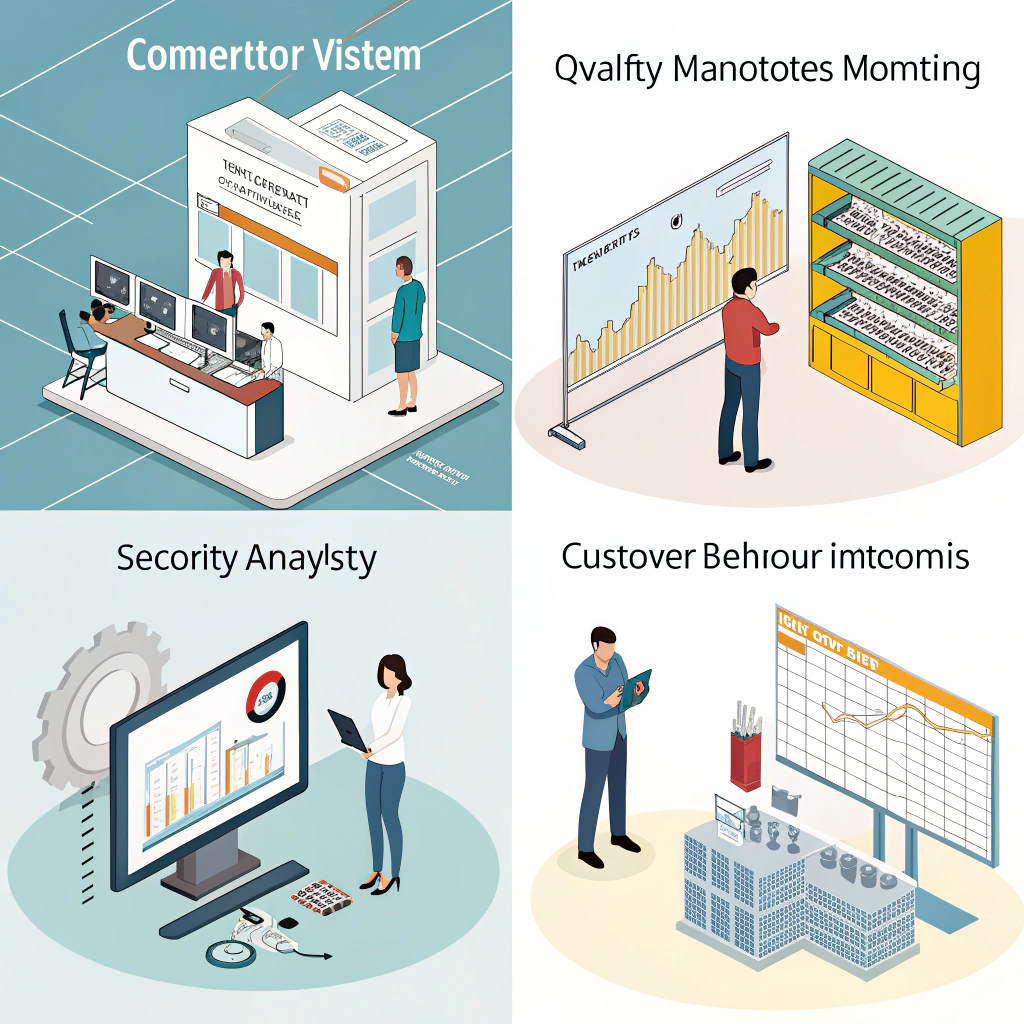 How Computer Vision Impacts Business in 2026
How Computer Vision Impacts Business in 2026
Companies are adopting CV for its clear ROI and operational advantages:
Automation: Replacing manual inspection and monitoring.
Efficiency: Rapid, error-free analysis of massive image/video datasets.
Safety: Hazard detection and compliance monitoring.
Customer Engagement: AR/VR shopping experiences, visual search, and smart mirrors.
Cost Reduction: Minimizing human error and labor expenses.
By mastering computer vision through Cambridge Infotech, professionals can help businesses innovate, cut costs, and gain a competitive edge.
Step-by-Step Roadmap to Learn Computer Vision
Learn Python Programming: Start with NumPy, Pandas, and Matplotlib.
Understand Image Processing: Practice with OpenCV to manipulate and analyze images.
Study Deep Learning Basics: Understand neural networks before moving to CNNs.
Build Small Projects: Examples include face detection, hand gesture recognition, or simple classifiers.
Advance to Object Detection & Segmentation: Implement YOLO, SSD, and Mask R-CNN on custom datasets.
Experiment with Real Datasets: Use COCO, ImageNet, or Kaggle datasets.
Deploy Models: Serve models on cloud platforms and integrate into applications.
Showcase Your Work: Build a GitHub portfolio, personal website, or participate in CV hackathons.
This roadmap ensures a balance of technical and applied skills, fully aligned with industry expectations in 2026.
Career Opportunities in Computer Vision
Demand for CV professionals continues to surge globally. By 2026, careers include:
These roles offer competitive salaries, global opportunities, and the chance to work on transformative AI solutions.
FAQs:
1. What are the top Artificial Intelligence skills to learn in 2026?
Some of the most sought-after AI skills in 2026 include machine learning, deep learning, natural language processing (NLP), computer vision, AI ethics, and MLOps. Programs at Cambridge Infotech cover these skills in depth, helping learners build practical expertise.
2. Why should I learn Artificial Intelligence skills in 2026?
Learning AI skills in 2026 can future-proof your career, open high-paying opportunities, and ensure you remain competitive in the rapidly evolving tech landscape. Institutes like Cambridge Infotech provide structured training that accelerates your learning journey.
3. Is it difficult to learn Artificial Intelligence skills in 2026?
While AI can seem complex initially, with consistent practice, hands-on projects, and expert guidance from institutes such as Cambridge Infotech, anyone can effectively acquire AI skills and apply them in real-world scenarios.
4. How long does it take to master Artificial Intelligence skills?
Mastering core AI skills typically requires 6–12 months of dedicated learning, depending on your prior experience. Structured courses offered by Cambridge Infotech can help learners progress faster with clear milestones and project-based learning.
5. What programming languages are best for Artificial Intelligence in 2026?
Python, R, Java, and Julia are the leading languages for AI development. Python, in particular, is widely taught in Cambridge Infotech programs due to its simplicity and extensive AI libraries.
6. Are Artificial Intelligence skills in demand in 2026?
Yes, AI skills are expected to be among the most in-demand technical skills globally, with opportunities across healthcare, finance, retail, and education sectors. Learning at institutions like Cambridge Infotech can give you an edge in this competitive job market.
7. Can beginners learn Artificial Intelligence skills in 2026?
Absolutely! Beginners can start with fundamental AI concepts, Python programming, and gradually advance to deep learning, NLP, and computer vision. Cambridge Infotech offers beginner-friendly courses that guide students from basics to advanced applications.
8. What are the career opportunities after learning AI skills in 2026?
After mastering AI, you can pursue roles such as AI engineer, machine learning specialist, data scientist, NLP engineer, or computer vision developer — all highly sought-after positions globally.
9. Do I need a degree to learn Artificial Intelligence skills?
A degree is helpful but not mandatory. Many professionals acquire AI expertise through online courses, bootcamps, and hands-on projects offered by institutes like Cambridge Infotech.
Take Your AI Career to the Next Level with Cambridge Infotech!
Ready to master the top artificial intelligence skills to learn in 2026?
Join today and gain hands-on training in machine learning, deep learning, NLP, computer vision, and more. Build real-world projects, earn industry-recognized certifications, and secure high-paying AI roles. Don’t wait — the AI revolution is happening now, and your future starts here!
Call/WhatsApp: 099024 61116
Visit our Website: cambridgeinfotech.io/

